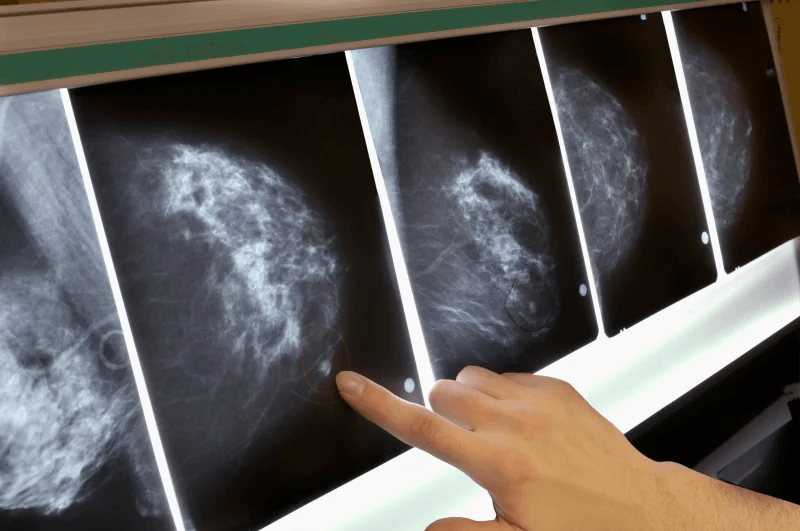A new blood test developed by Dutch researchers can identify changes in serum proteins that signal the onset of breast cancer up to 2 years before diagnosis of the disease in women who are at high risk.
The findings come from an analysis of serum samples collected from participants of the TESTBREAST study, which had enrolled 1174 women carrying BRCA gene mutations. They are being cared for at nine centers in the Netherlands, and are offered regular breast screening from a younger age and more frequently than the general population, because of their higher risk of disease. They also have blood samples taken regularly, and so far more than 3000 serum samples have been collected over 10 years.
The results that are now being reported come from an in-depth analysis of 30 samples from three women who developed breast cancer (cases) and three who did not have the disease (controls). These are early results from just these 6 women, and further analysis of more samples from more women is ongoing.
This analysis from these first few women revealed that levels of six proteins were significantly different between women who developed breast cancer and those who did not, and the differences were detectable up to 2 years before diagnosis.
“These proteins could form the basis for a blood test for early detection of breast cancer in women at a higher risk,” said study presenter Sophie Hagenaars, a PhD student from Leiden University Medical Center, Leiden, the Netherlands.































